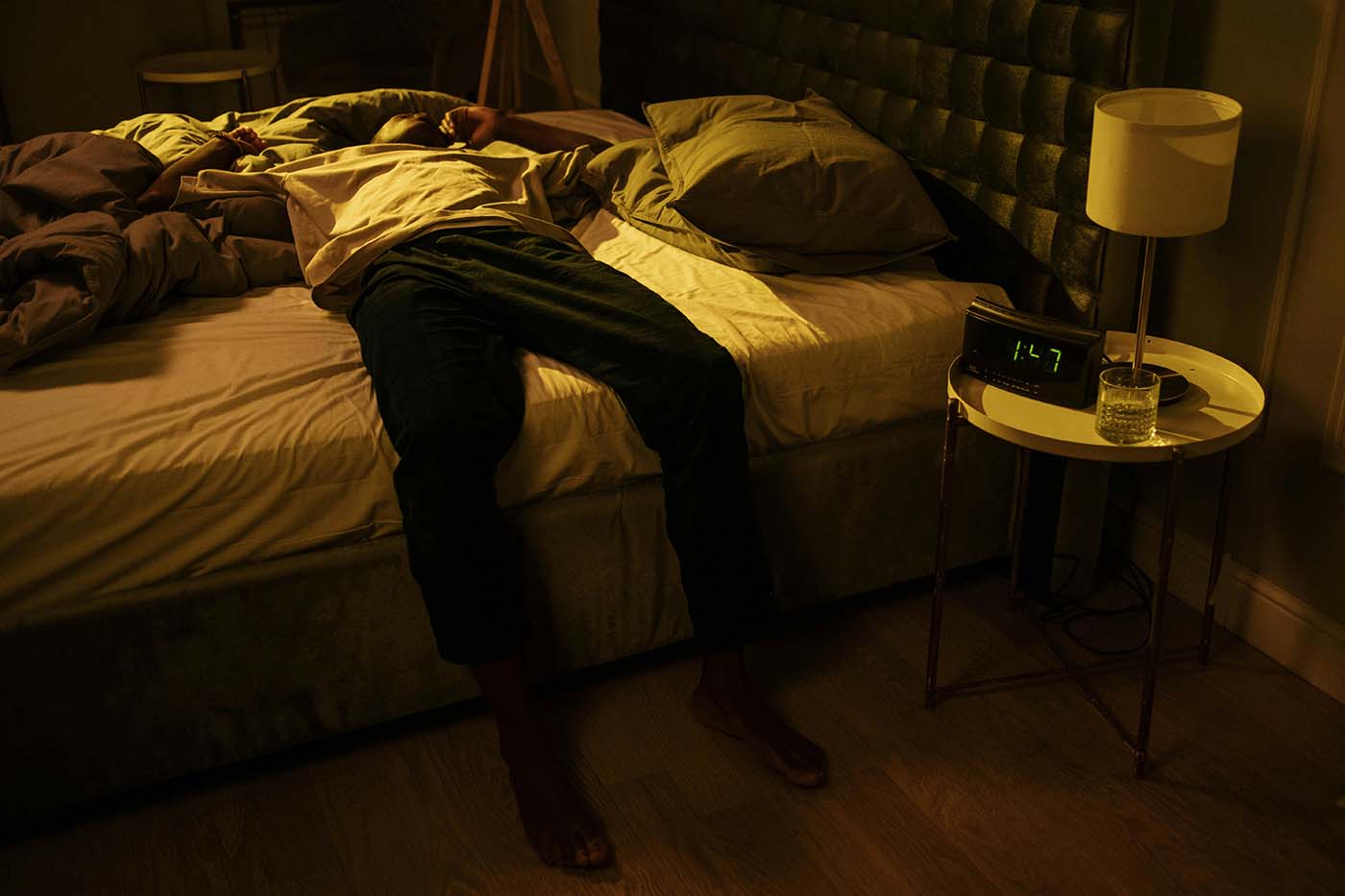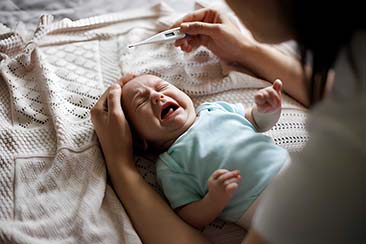The opioid crisis continues to wreak havoc on communities nationwide. In 2022, the CDC reported approximately 82,000 opioid overdose deaths in the United States. It is a tenfold increase since 1999.
Recovering from opioid addiction is never easy, but it becomes even more challenging when individuals face this battle alone. Isolation can create a breeding ground for loneliness, anxiety, and depression, making it incredibly difficult to stay on the path to recovery. This blog post explores the unique obstacles those in recovery face when living alone and offers practical strategies for overcoming them.
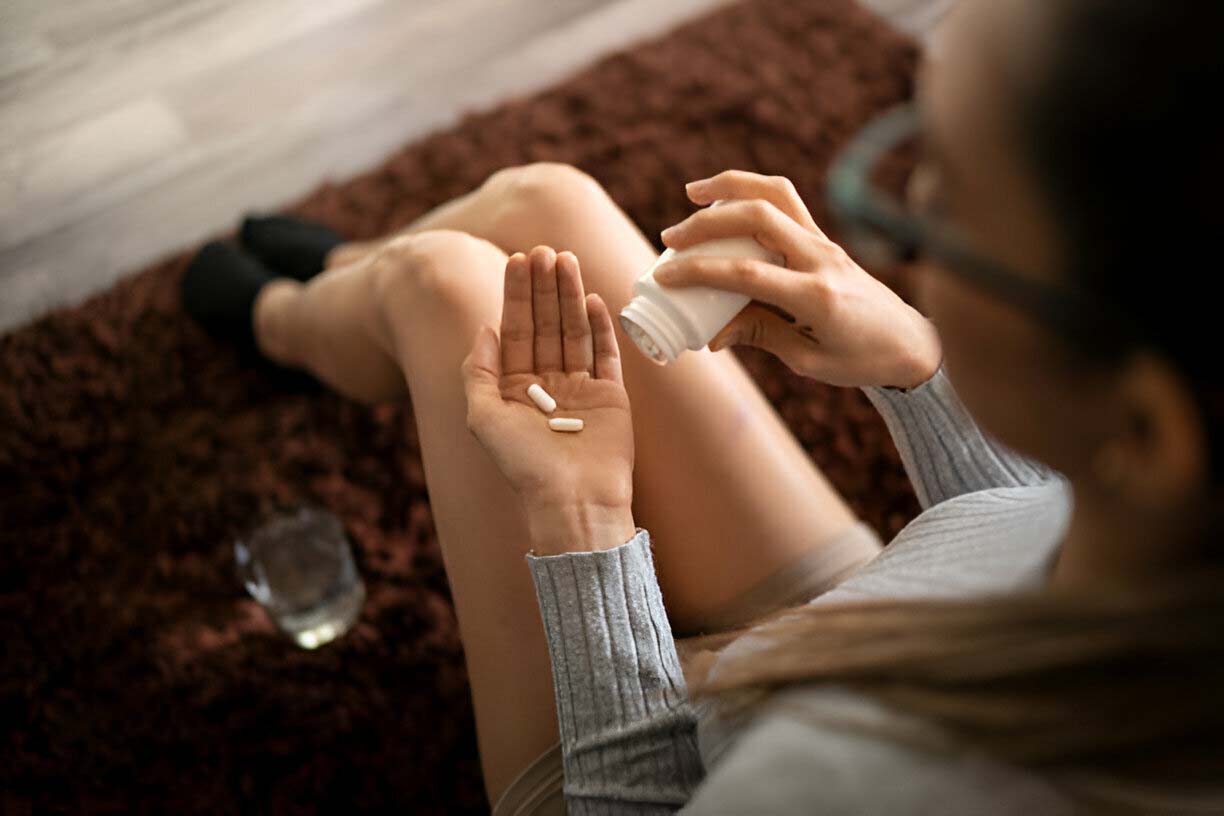
Medication Management and Risks
Medication-assisted treatment (MAT) plays a crucial role in helping people recover from opioid addiction. Medications like Suboxone can reduce cravings and withdrawal symptoms, making it easier to focus on therapy and other aspects of recovery. WebMD highlights that Suboxone is a mix of buprenorphine and naloxone.
Buprenorphine attaches to the same places in your brain as opioids, but it doesn’t cause the same high. Conversely, naloxone is added to prevent misuse. Suboxone helps you stop wanting opioids. It lessens the uncomfortable symptoms that happen when you stop taking opioids.
People on Suboxone are more likely to stay sober, have a job, and enjoy a better quality of life. However, it’s essential to manage these medications responsibly. When you’re living alone, it can be easy to slip into misusing your medication. You might take more than prescribed or use it in ways not intended by your doctor. This can be dangerous and may lead to relapse or other health problems.
Suboxone and Dental Risks
It’s also important to be aware of potential side effects. While Suboxone can be helpful, it’s not without risks. A study published in JAMA Network shows that people taking Suboxone films had a higher risk of dental problems compared to patches or pills. Suboxone is acidic, and repeated exposure to it while holding it under the tongue for several minutes might damage teeth.
TruLaw highlights that the FDA found 305 dental injury cases linked to Suboxone use. More than a third of patients (37%) experience damage to several teeth. Almost a quarter (23.3%) need teeth pulled, and this can happen even to people who’ve never had problems with their teeth before.
Many opioid patients were blindsided by these side effects, as they were not adequately informed about the risks associated with Suboxone use. As these dental problems became more prevalent, affected patients began to take legal action against the manufacturer. Patients filing the Suboxone tooth decay lawsuit argue that the company failed to provide sufficient warnings about the drug’s potential side effects.
If you’re using Suboxone or other MAT medications, it’s crucial to have regular checkups with your doctor and dentist. They can help you manage your medication effectively and watch for potential side effects. Remember, recovery is a journey, and it’s essential to have support along the way.
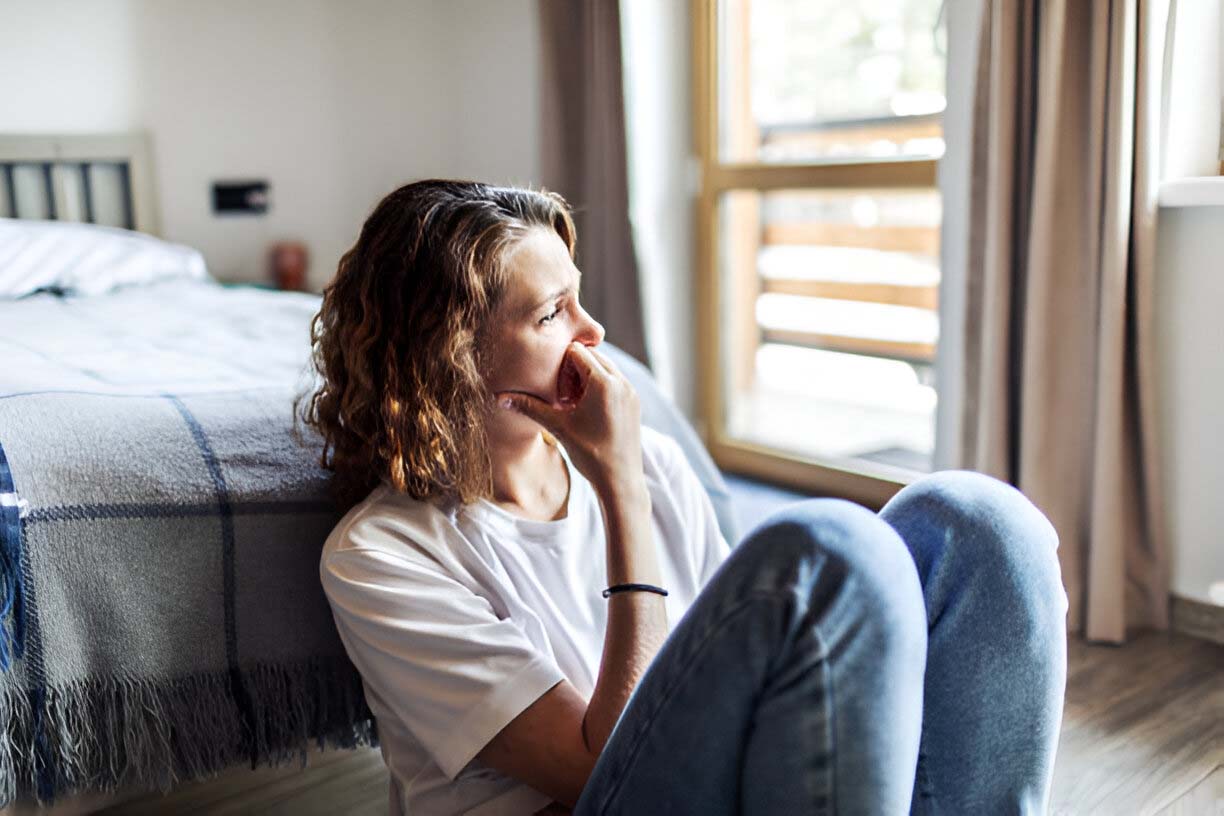
Loneliness and Mental Health
Loneliness is a complex emotion that can impact our mental well-being. It often goes hand-in-hand with conditions like depression and anxiety. NPR highlights that the U.S. Surgeon General is very concerned about loneliness. It is because loneliness is as bad for your health as smoking 15 cigarettes a day. Loneliness increases the risk of heart disease by 29%, stroke by 32%, and dementia by 50% in older adults.
It affects people differently. Some withdraw, while others become angry and irritable. This poses a serious challenge for individuals recovering from addiction. When you’re recovering from opioid addiction and living alone, loneliness can creep into your daily life in many ways. It makes it harder to cope with cravings or triggers.
This isolation can also lead to increased feelings of shame, making you feel like you’re going through this struggle entirely alone.
How do you deal with loneliness in recovery?
Loneliness in opioid recovery is often addressed by building a strong support system. This can involve connecting with others in recovery through meetings or groups, seeking therapy or counseling, and engaging in healthy social activities. Honest communication with loved ones and addressing any underlying mental health conditions are also crucial.
Accountability and Support
Staying accountable is a vital part of recovery from opioid addiction. Having a support system can make a huge difference. People who feel connected to others and supported in their recovery are less likely to relapse. A study published in PMC helps us understand how social support works for people recovering from substance abuse like Opioid Disorder.
It shows that social support during the recovery was necessary, but help from outside the house (like AA meetings) was also valuable. Interestingly, having “important people” outside of recovery might decrease overall social support at the group level. This could be because these relationships might introduce negative influences or be less stable.
Finding this kind of support can be more challenging when you live alone. You might not have someone to check in with regularly or notice if you struggle. Feeling isolated can make it challenging to stay motivated. If you’re facing a crisis or feeling tempted to use opioids again, reaching out for help is much more complicated when alone.
What factors are involved in an addict’s recovery?
An addict’s recovery involves a complex interplay of factors. This includes personal motivation, strong support systems, effective therapies, coping mechanisms for cravings and triggers, and relapse prevention strategies. Successful recovery often requires addressing underlying mental health conditions and making positive lifestyle changes.
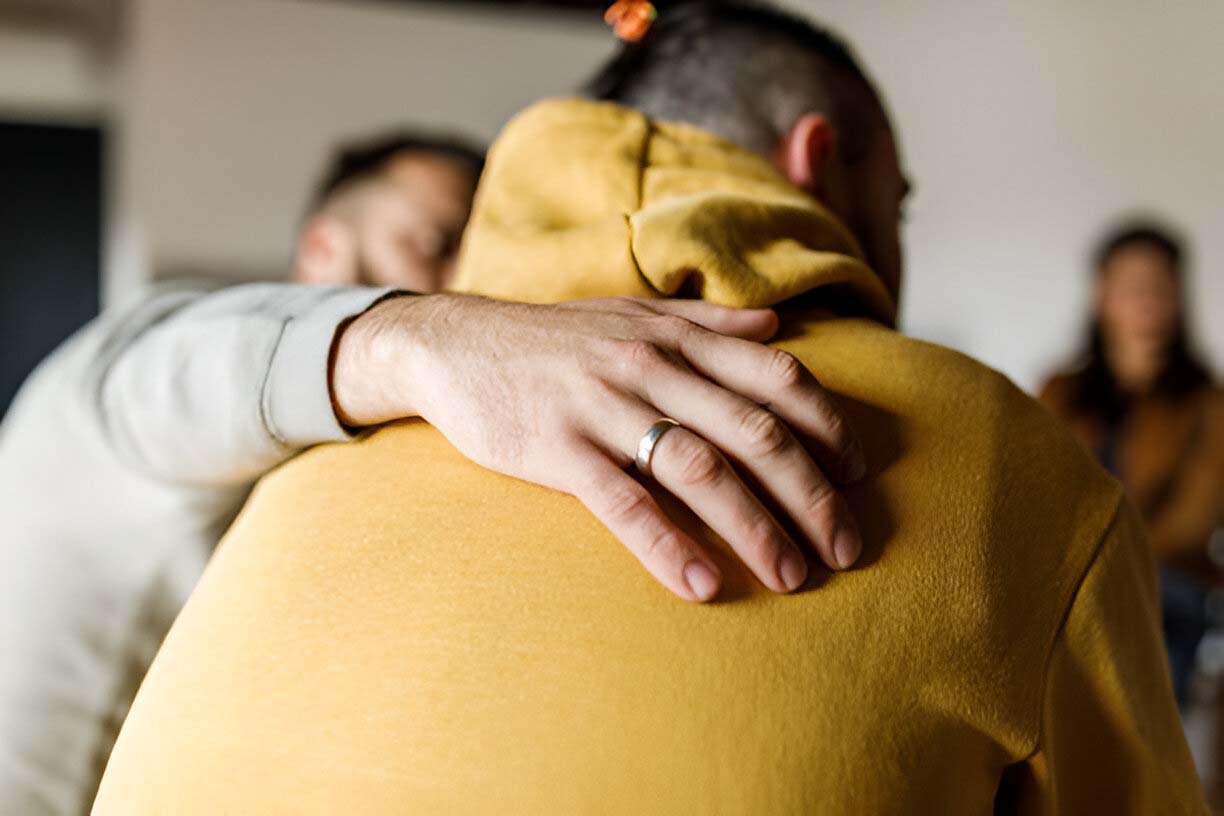
Building a Support System While Living Alone
Even if you live alone, you can build a strong support network to help you through recovery. Connecting with others who understand your struggles is crucial. Consider attending 12-step programs or support groups. These are available both in person and online. A study in ScienceDirect looked at how helpful counseling and 12-step programs are for people taking medication for opioid addiction.
The study shows that people who went to any type of counseling or 12-step program used opioids less in the following weeks. Going to more 12-step meetings and group counseling over time was linked to even less opioid use. This shows that sharing your experiences and hearing from others can provide encouragement and motivation.
Therapy can also be incredibly beneficial. A therapist can help you develop coping skills, address underlying issues, and work through challenges. If you want a more structured environment, look into sober living communities. These offer a safe and supportive space to live with others in recovery.
Online forums and communities can also provide valuable connections. They offer a sense of belonging and allow you to share your experiences anonymously. However, don’t forget the importance of friends and family. Building healthy relationships with loved ones can create a strong foundation for your recovery. Remember, you don’t have to go through this alone. Reach out and build connections that will support you on your journey.
How do you motivate a recovering drug addict?
Motivate a recovering addict by focusing on their strengths and past successes, reminding them of how far they’ve come. Encourage them to focus on the positive aspects of their recovery. Celebrate their milestones, no matter how small, and offer consistent support and understanding throughout their journey.
Recovering from opioid addiction is always difficult, but living alone can create extra hurdles. However, recovery is possible, even when you’re living alone. Focus on building connections, caring for your mental health, and staying committed to your recovery goals. There is hope for a healthier, happier future.
